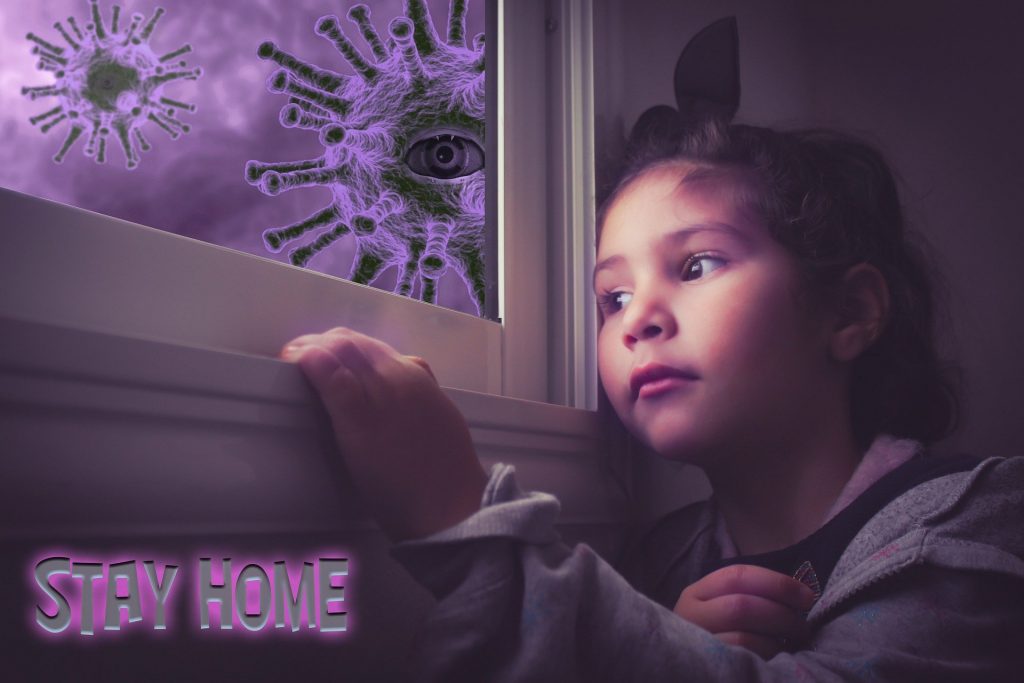We know that covid-19 changes the hotel industry for a longer period of time because everything is slow-down.
Or completely shut-down to save the lives of people from this deadly virus.
The impact of COVID-19 on the hotel industry is global concern.
The number of travelers travelling has decreases dramatically.
Trips cancel and significant public events have been cancel or postpone putting many jobs at risk.
Ultimately, leading to less generation or no revenue at all.
According to the World Travel and Hotel Industry Council (2020), up to 75 million jobs are at risk.
And this figure could change as the virus evolves which would cause huge loss to the world economy.
The rapid spread of COVID-19 has resulted in the shutting down of the hotel industry around the world.
With many world countries continuing their quarantine.
Airlines are warning of bankruptcy, hotels are closed and tourist buses remain empty.
Social distancing has emptied destinations which for many years have suffered from over hotel industry.
The number of cases of COVID-19 in December 2020 is more than 84 million worldwide.
And many people are working from home and not travelling.
What changes the hotel industry for a longer period.

We know that the pandemic will control at some point in time but we do not know when.
Slowly many things will change in the hospitality industry in the future.
Technology
First, technology affects business travellers.
The emergence of new technologies and their increased uses has lead to different air travel behaviour in the future.
Because social distancing forces many people around the world to work remotely.
Microsoft’s Teams software has surged in popularity with the addition of 12 million new customers in a single week in March 2020.
Further, video conferencing will reduce expenses and save time.
Videoconferencing facilities will continue to use in the long term based on their proven effectiveness during the COVID-19 pandemic.
Virtual tourism
Second, the rise in virtual tourism will continue after the pandemic.
Popular destinations are moving to virtual tourism, allowing people to visit different attractions in a virtual way from their homes.
Even after the outbreak is declared to be over, many people will be reluctant to travel and the recovery is likely to come slow.
The major effects of COVID-19 on the global economy include many businesses asking people to work part-time or firing staff.
Many people will be unable to afford to travel and will choose domestic rather than international destinations.
People may be nervous about travelling for a long time to come and may prefer the experience offered by virtual tourism.
Airlines
Those airline companies that survive will cut their routes to small regional destinations.
Eventually, it will result in fewer tourists requiring accommodation in these destinations.
So hoteliers must be prepared to welcome their local visitors and not feel dishearted if a fewer number of international travellers are visiting.
Further, there is likely to be more demand for longer-term stays.
To reduce the number of travel and exposure at large airport hubs and on aeroplanes.
Practices to reduces risk
To mitigate COVID 19, a series of actions for hotel owners and managers, including using fewer rooms (reducing hotel capacity).
Emphasizing take-out or delivery options to reduce public dining, implementing deep cleaning and sanitizing.
Making use of personal protective equipment (PPE) for workers and increasing attention to personal hygiene.
Communicating new COVID-19 policies to guests and employees.
Moreover, implementing physical distancing practices in public areas, and protocols for guests expose to COVID-19.
Hence, to increase awareness among people the World Health Organization (WHO) produces a guide.
Of the title “Operational Considerations for COVID-19 Management in the Accommodations Sector”.
This is to provide practical assistance to the hospitality sector in particular.
Primary steps include implementing widespread COVID-19 testing, having enough PPE supply, lifting social distancing.
And mobility restrictions, using electronic surveillance and implementing strategies to decrease transmission in the hotel.
Emphasis was placed on the daily screening of the hospitality sector employees and guests visiting the hotel.
In this aspect, another study uses primary and secondary data and applied the descriptive analysis method.
To explore revitalization strategies for small and medium-size hotels.
All these to reduce risk of getting affected.
Redesign hotel and managing disaster
It becomes important to redesigning and transforming the hotel industry and hospitality industry after COVID-19 pandemic.
The proposed suggestions include increasing the resilience and protection of the post-COVID-19 hotel and hospitality workers.
By cross-training and educating staff various skills exploiting the unique opportunity presented by COVID-19.
To transform and refocus the hotel industry and hospitality industry towards local attractions.
Rather than global destinations, and redesigning spaces to assure a 6-foot distance between tourists.
The anti-pandemic process adopted the six phases of disaster management, including
- The pre-event phase (taking prerequisite actions),
- The prodromal phase (observing the warning signs),
- The emergency phase (taking urgent actions),
- The intermediate phase (bringing back essential community services),
- The recovery phase (taking self-healing measures),
- The resolution phase (restoring the routine).
Conclusions
It is too early to draw any conclusions about the impact of COVID-19 on the international hotel industry.
The effects of COVID-19 on hotel industry so far are not sufficient to allow firm conclusions.
From above we can see it affects everything changes the hotel industry for longer period of time.
Since the impact of the virus will depend on how the pandemic evolves and how long it lasts.
With the dramatic fall in flights, potential bankruptcy of airlines, hotel closures and cancellations of international events.
Affects the hospitality industry in the short run.
Further, demand for jet fuel decreases and is to continue to decrease.
In the long term, hospitality will be characterized by a change in consumer behaviour and a rise in the use of technologies.
Hence, we can expect less travel in the future.
Please share views in the comment box.
If you want to learn about the functionality of QloApps then you can visit this link: QLO Reservation System – Free Open-Source Hotel Booking & Reservation System
In case of any query, issue or requirement please feel free to raise it on QloApps Forum

Be the first to comment.